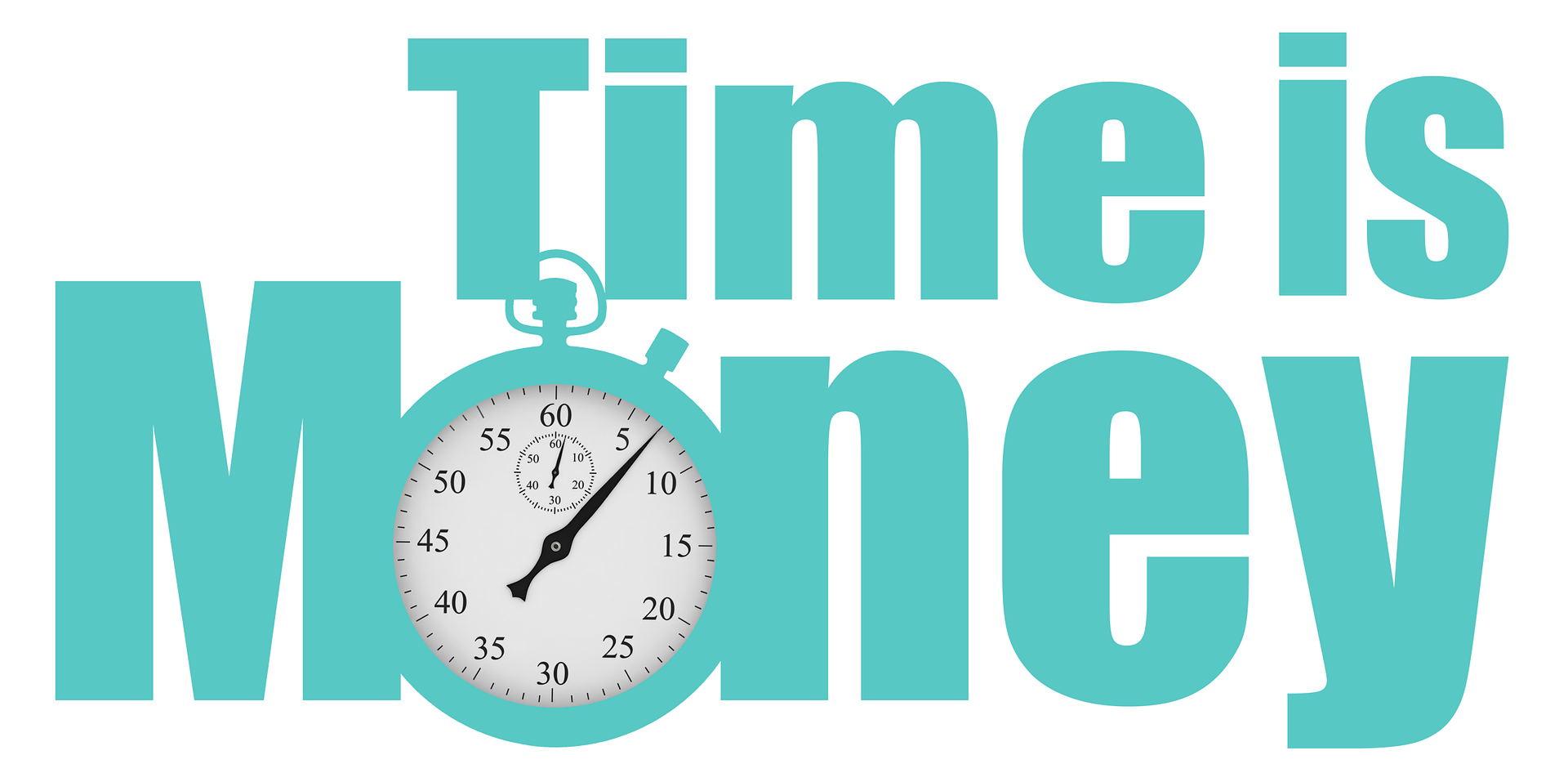How to manage your time well is a crucial skill that determines your productivity and success. With countless tasks competing for attention, effective time management helps you stay organized, reduce stress, and achieve your goals efficiently. In this article, you’ll discover practical strategies to prioritize tasks, eliminate distractions, and maximize your daily output.
As we all know, time management is one of the most sought-after and necessary skills in the times we live in. Endless juggling between work, studies, family, hobbies; how do you survive all this madness and even enjoy the journey? Is it possible? We are here to say yes, and even give some important tips and highlights along the way.
Definition of Time Management.
Time management is the process of organizing, arranging, and planning how to devote time to various activities, tasks, and commitments.
In fact, the well-known cliché says that we we cannot manage time, but we can manage ourselves within time. In other words, we have no control over time, time passes whether we want it to or not, but we do have control and choice over how to act within it – when, how much, why, and how to divide our time between different activities.
Why Time management is Important?
Why talk about how to manage your time well? Why not just go with the flow of life as it is happening now? There are several good reasons why it is worth knowing how to manage your time well.
Time management affects our quality of life
Time management affects many areas of life, but above all, it affects ourselves; our quality of life. When I know how to manage my time well, I actually know how to prioritize, choose, and focus on the things that are important to me, and thus develop, and grow in these things. My achievements, my performance, my coping over time ultimately affect the self-confidence I develop in these areas, the feeling of success or the feeling of failure.
So why manage your time better? First of all; for yourself and for a better quality of life.
Time management affects my health
If I am constantly dealing with a workload, if I always feel like I am not enough, I am running from task to task, and I have no time to breathe, I will experience, of course – stress and workload. Along with this, there is a tendency to neglect things that are good for us, such as a date with a loved one, sports, and rest.
Chronic stress over time has deadly effects – sleep problems, a weakened immune system, low mood, health difficulties, and more.
Time management puts the reins back in my hands, allowing me to invest my time in places that are important to me and that’s why it’s necessary to know how to manage my time well.
And of course, poor time management can manifest itself not only in excess tasks, but also in excessive procrastination, and difficulty starting to do things that I so want to do.
Time management affects our relationships
When I manage my time well or the way I want, I can also devote time to issues that are not necessarily “urgent”. The boss won’t yell if I don’t do them. What am I talking about? About those moments with people who are significant in my life – a spouse, children, family, and friends – all of which are not labeled “urgent”, but they are important!
Relationships are one of the most important elements in our lives, and in fact, according to research in psychology, meaningful connections are the number 1 factor in happiness and longevity.
Poor time management or not managing your time well; like not leaving time for those significant people, impairs interpersonal communication because when we’re stressed we’re irritable, tired, and impatient and it can leave us lonely.
And this, of course, affects every area of our lives – our performance at work and in school, the time we have or don’t have for leisure and hobbies, our time for personal development, workshops, courses, books, and also – how much I really enjoy myself when I’ve allowed myself to relax on the couch and watch a new series.
Read also: Work Smart, Not Hard: The Secrete of Getting More Done with Less Effort
How to manage your time well

To manage our time well, we need to develop a number of skills, and use them regularly. Just like training, it’s not enough to do it once and we’re set for the whole year. But we have to practice it every day. Similarly, how to manage your time well is a set of skills that we need to know how to use regularly. The good news is that the more you practice it, the easier and more natural it becomes.
So in general, to manage time effectively, it’s important to start from macro to micro. What does that mean? Instead of starting and working first on a to-do list and a schedule, it’s important to start from the highest level, which is; what is my vision? What are my goals? And only from there to derive tasks.
Why? Because if the vision and goals are clear to me, I can prioritize tasks more effectively, understand what’s more important and what’s less important, and make sure my schedule isn’t filled with “spam” of tasks that have no value.
Why not just go straight to the schedule? Because if we dive straight into the tasks, we may find the schedule full, but not necessarily with the things that are truly important to us and that move us forward.
Good time management is reflected in 3 important parameters:
a) Achieving tasks and goals on a regular basis
How do I know if I’m managing my time well? So the first thing, of course, is consistently meeting our tasks and goals. Good time management should allow us to prioritize the most important tasks and achieve them. If I consistently have the ability to meet my deadlines and goals, that’s the first sign that I’m doing something well.
b) Mental and physical health
A critical point that many people miss in time management is the state of your mental and physical health within time management?. It is very common to see super successful managers who meet goals and tasks, but are in an unstable mental state, stressed, tired and exhausted. Therefore, managing your time well does not only come down to achieving tasks, but also the ability to manage tasks and perform them well in order to maintain sound mental and physical health.
This means that I am not constantly stressed, not constantly tired, not always nervous and not always sad. But instead; I have moments in the day, week, month when I can rest, gather strength, and I enjoy the journey!
c) Maintaining values and things that are important to me
Knowing how to manage your time well goes beyond achieving tasks and good mental and physical health, it is expressed in the fact that we maintain our values and things that are important to us on an ongoing basis. For example; interpersonal relationships. She may be an excellent employee! But she pays a heavy price – she hardly sees her family at all. Is this time management? If she is a career woman and has no problem paying the price of not seeing her children – then yes. But if family is important to her, and for her it is a supreme value, it is a sign that something needs to change.
Read also: 5 Unconventional Principles for Effective Time Management from Bill Gates
Time management Strategies

a) Create a vision and goals
It all starts with a vision. Where do I want to go? What’s important to me? Where do I want to be 5 years from now? Once we know where we want to go, it’s easier to find routes that can take us there.
Creating a vision is important when we talk about how to manage your time well because vision allows me to know at the deepest level whether my schedule is full of things that are important to me or unnecessary. In addition, vision is a powerful motivational engine that can make us take action, overcome obstacles, and avoid temptations and suggestions that trap us and hold us back.
b) Turn the vision into small goals
So the vision is a few years ahead. The next step is to set goals at the annual and 3-month level. This makes the vision something possible, measurable and implementable. You can set goals using the SMART model. Think and write: What are my goals for the coming year? What are my goals for the coming 3 months? It is possible and important to address all areas: career, health, sports, relationships, family, hobbies, leisure, studies, personal development, etc for that is how to manage your time well.
c) Turning goals into actions
We are still discussing how to manage your time well. So we have goals. That’s great! Now we need to determine what actions will help us achieve the goals. We want to decide on actions that we will take on a daily, weekly, etc. level. Maybe these are one-time actions or maybe they are permanent. For example:
Your Vision: To achieve financial freedom as a content creator
Goal for the coming year: Make $50,000
Monthly goal: Make $4166
Weekly goal: Make $1041
Daily goal: Make $149
The actions:
- Create and publish high-quality content consistently (e.g., blog posts, videos, social media updates). Aim for at least one piece of content daily.
- Reply to comments, DMs, and emails to build strong relationships with your audience.
- Spend at least 30 minutes learning new skills or improving existing ones (e.g., SEO, graphic design, or video editing).
- Connect with at least one new person or potential collaborator in your niche
- Promote affiliate products, sponsored content, or your own services. Include clear calls-to-action in your content
- Reach out to potential sponsors, pitch collaborations, or create a new product/service offering.
- Allocate a portion of your income to savings and investments to align with your financial freedom vision.
You can read more about effectiveness in actions in our guide – How to be effective.
d) Reducing time wasters
Managing your time well is not just about getting more done. What is also probably critical is first and foremost reducing time wasters. All the social networks, not only burn hours in our day, but more than that – they make us tired, passive and, above all, dissatisfied with our lives.
So, ask yourself, what you want and reduce those activities that waste your time. Think about it – instead of half an hour on social media, I could do a whole workout! I could learn a new language! spend time with the kids! write a passage! And etc.
In conclusion, managing your time well is a tremendous and important skill in our lives. It can be learned, and if we combine intellectual abilities with emotional work, we can reach the highest level that allows us to achieve our goals, maintain a good and healthy quality of life, and maintain the values and things that are important to us. Congratulation! You have learnt how to manage your time well. Good luck as you implement the skill.
Read also: Manage Your Time like Elon Musk and be 5 Times More Productive Using “Time Blocking”



